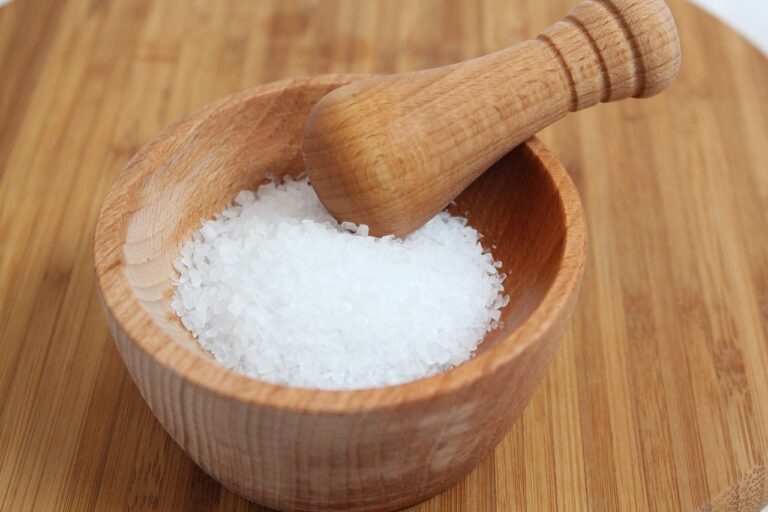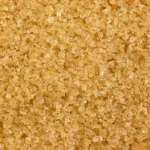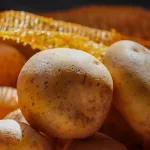Organic preservatives for food are becoming increasingly popular as more of us are looking for ways to keep our food fresh without relying on chemical additives.
With the rise of organic and sustainable food products, it’s no wonder consumers are looking for natural preservatives that are both effective and safe.
From organic acids to essential oils and herbs, a range of natural preservatives can be used to keep food fresh. But which ones are the best?
In this article, we’re going to explore the different types of natural preservatives and the benefits of each, helping you to make an informed decision when choosing the right one for your food.
What are Natural Preservatives?
Natural preservatives are ingredients that are used to prevent food spoilage by controlling the rate of spoilage. These ingredients can come from various sources, such as fruits, vegetables, herbs, and oils, and are used in a variety of ways.
Some natural preservatives are more effective in certain foods than others, so selecting them is important based on the food you’re trying to preserve.
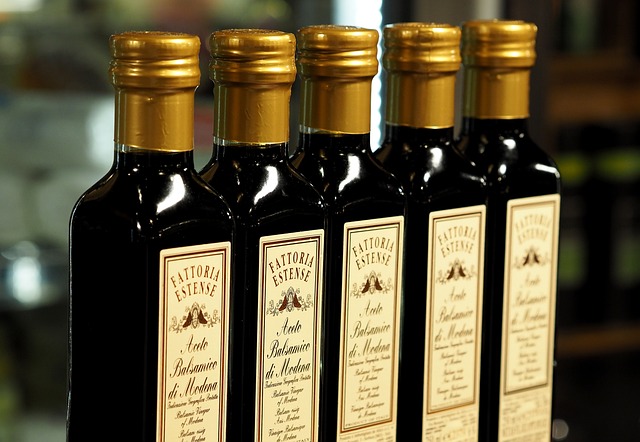
Natural preservatives are different from chemical preservatives, which are additives that are used to prevent food spoilage or extend shelf life.
Natural preservatives are usually edible and won’t harm your health. While chemical preservatives are often necessary, they’re not always the best choice. For example, sodium benzoate and nitrite are common chemical preservatives that can harm your health.
On the other hand, natural preservatives are an edible alternative that doesn’t pose any health risks. They’re a great way to keep your food fresh without sacrificing your health.
Benefits of Natural Preservatives
There are many benefits associated with natural preservatives. These include improved taste, texture, nutrition, and a reduction in food waste.
Some natural preservatives, such as citric acid and ascorbic acid, are also commonly used as food additives. This means they’re FDA-approved and widely found in processed foods.
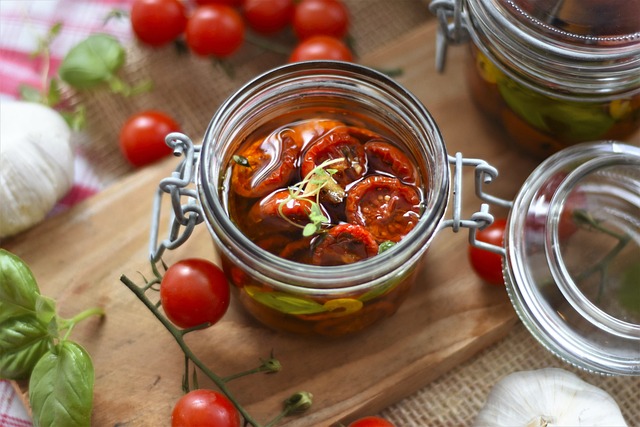
Other natural preservatives, like vinegar, are more common in home cooking.
Natural preservatives are a great alternative to chemical preservatives since they don’t pose such health risks. Unlike chemical preservatives, natural preservatives offer health benefits and don’t negatively impact taste and texture.
Natural preservatives also reduce food waste by prolonging the life of your food. This means you can store your food for a more extended period of time, saving you money and helping reduce food waste.
Also, natural preservatives are a great way to keep your food fresh without sacrificing your health or taste. Many different types of natural preservatives can be used in various ways in the kitchen.
From vinegar to vanilla, there are a variety of ways you can extend the life of your food without using chemical preservatives.
Natural preservatives come from edible sources, so they pose no health risks and even may offer additional health benefits. Natural preservatives are your best option if you’re looking to keep your food fresh without using chemical preservatives.
Types of Natural Preservatives
Natural preservatives come from a variety of sources and are used in a variety of ways. These include:
- Acids: acids like citric acid, lactic acid, and ascorbic acid are commonly used to extend the shelf life of certain foods. Citric acid is widely used as a natural preservative and is often found in jams and jellies, as well as in some candies and baked goods.
- Vinegar: is a common ingredient in many condiments, salad dressings, and marinades. It’s also a natural preservative that can be used to preserve certain foods like pickles, olives, and sauerkraut.
- Alcohol: alcohol also can be used in many different ways in the kitchen. It can also be used as a natural preservative, particularly for dried fruit and vegetables.
- Oils: oils like olive oil, coconut oil, and nut oils can be used as a preservative to extend the life of certain foods. They can also be used as a flavor enhancer and a source of healthy fats. For example, coconut oil can be used as a preservative to extend the life of certain foods. Adding a subtle coconut flavor and a high-quality source of healthy fats is also great.
- Honey: is a common natural preservative that can be used to extend the life of certain foods. It’s often found in baked goods like bread and baked goods, as well as in marinades.
- Salt: Salt is a common natural preservative that can be used to extend the shelf life of certain foods. It’s also a great way to add flavor to your food.
Unusual and Exotic Natural Preservatives
There are also many unusual and exotic natural preservatives you can experiment with in your cooking. Some of the best ones worth trying include:
- Ginger: ginger is an excellent natural preservative that can be used to add a subtle flavor to many different types of food. It can also be used to preserve certain foods and prevent spoilage.
- Cinnamon: is a great natural preservative that can be used to add a subtle flavor to many different types of food. Guess what- it can also be used to preserve certain foods and prevent spoilage.
- Vanilla: vanilla pods have many different uses in the kitchen, including as a natural preservative. And, yes – vanilla can also be used to extend the life of certain foods and prevent spoilage.
Conclusion
In an increasingly health-conscious world, many of us are seeking healthier alternatives to the preservatives found in our food.
Natural preservatives are a great way to keep your food fresh without sacrificing your health or your taste. But what are the best organic alternatives to keep your food fresh?
Natural preservatives can come from various sources, such as fruits, vegetables, herbs, and oils. These natural preservatives are used in many ways, from adding flavor to preventing spoilage.
In this article, we explored the best organic alternatives to keep your food fresh, from the most common preservatives like vinegar to more unusual and exotic ones like ginger.
We’ve also discussed the benefits of natural preservatives, how to use them in your cooking, and the best ways to store food to maximize shelf life. So, if you’re looking for a healthier way to keep your food fresh and flavorful, natural preservatives are the way to go.

